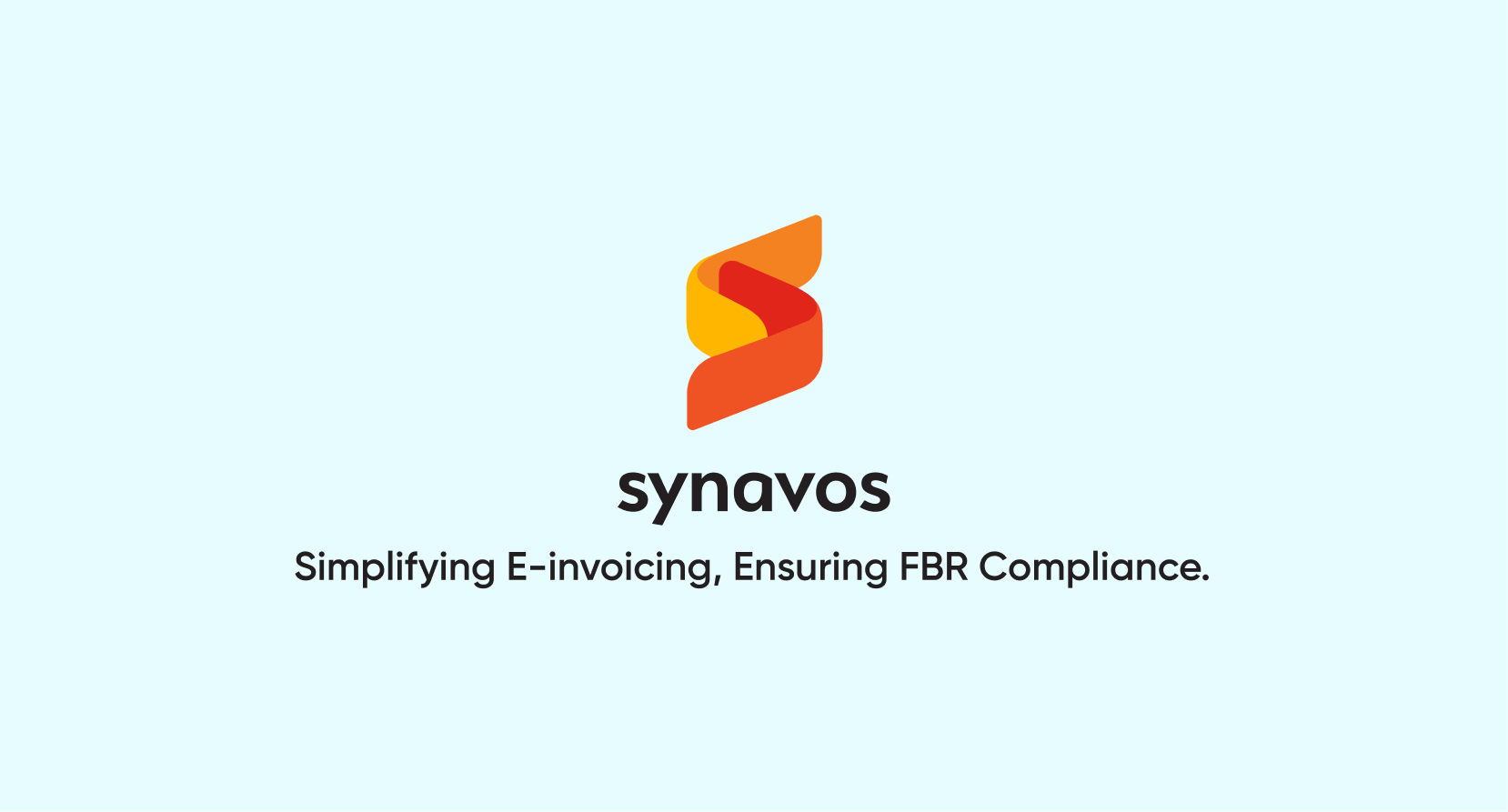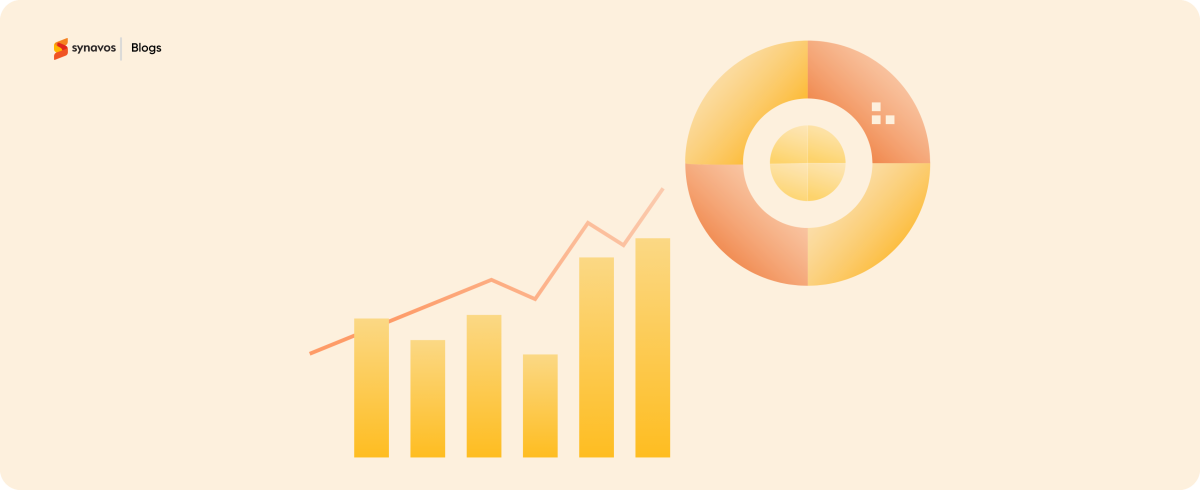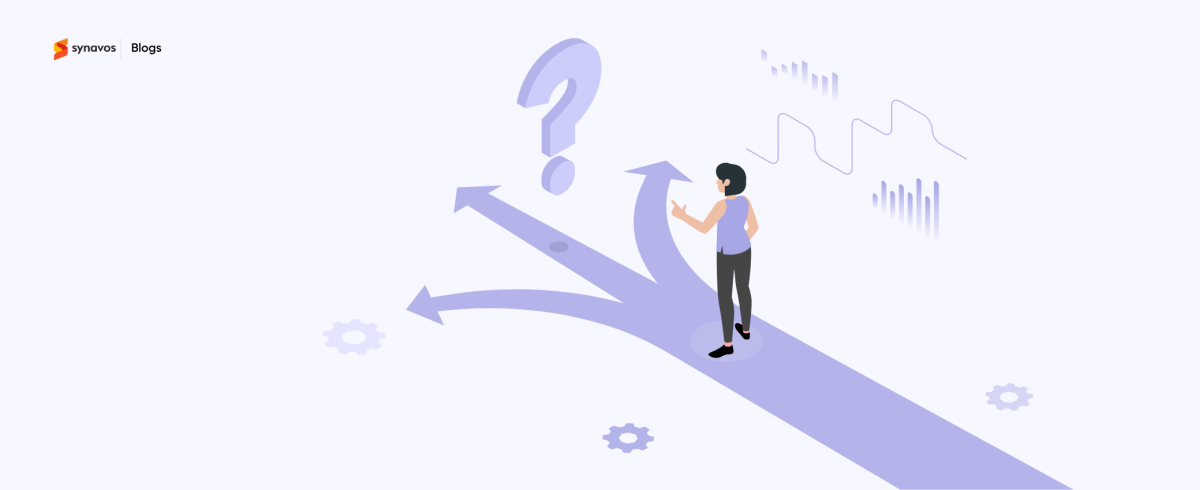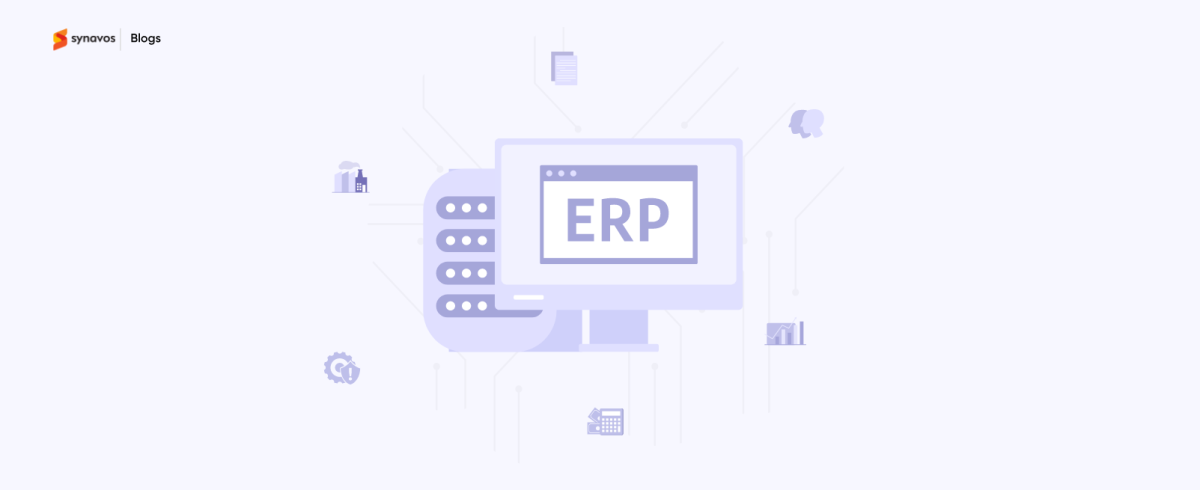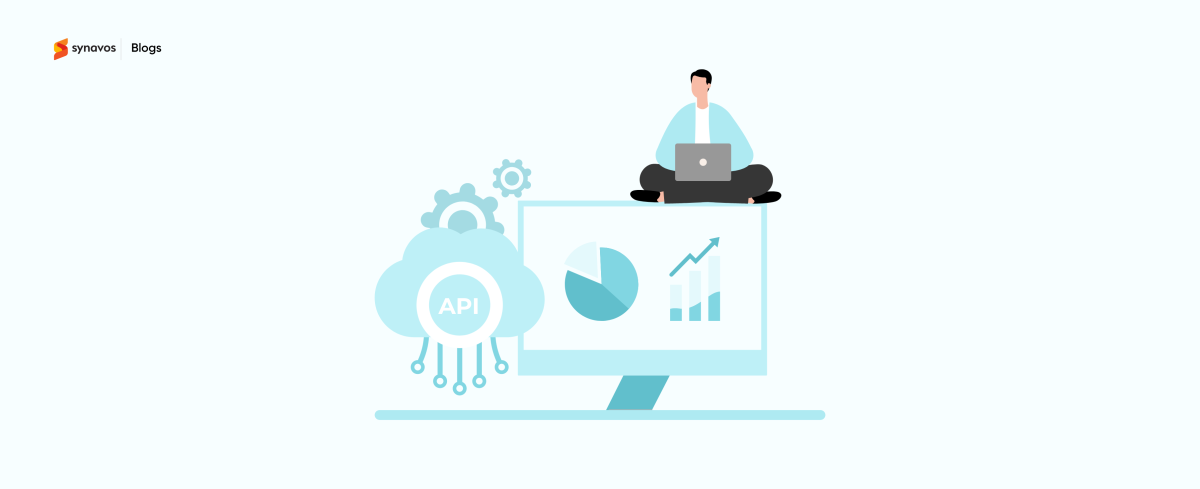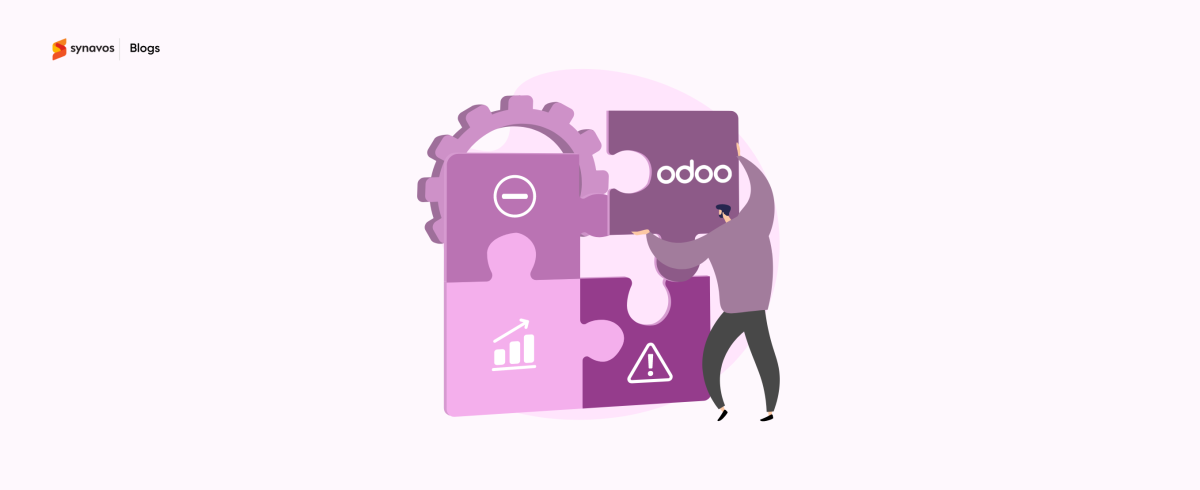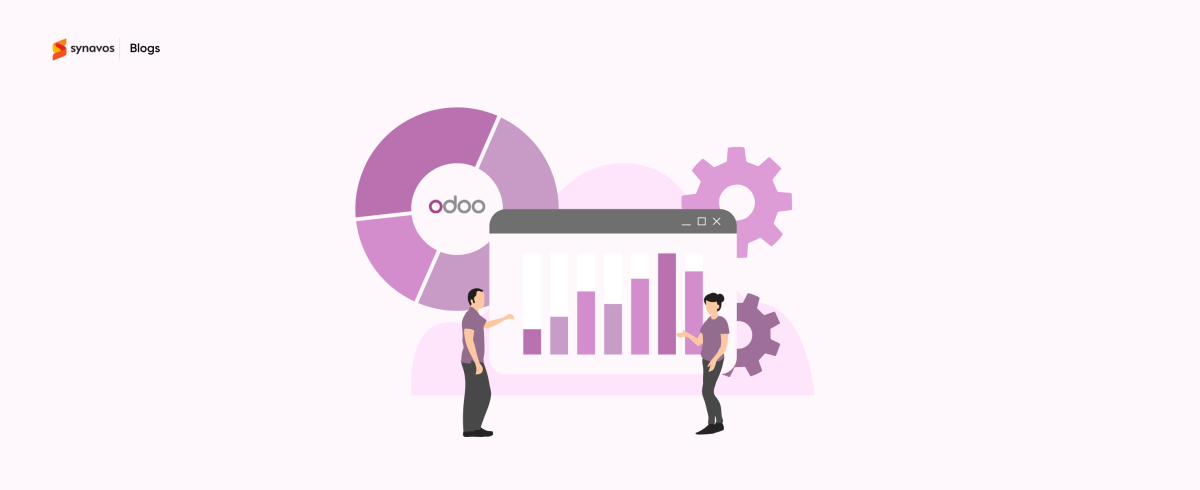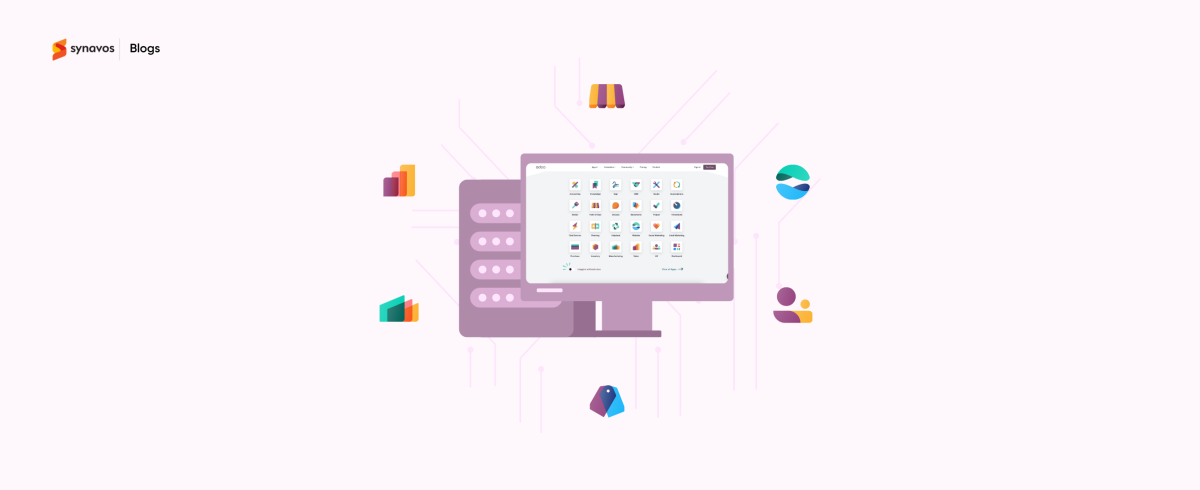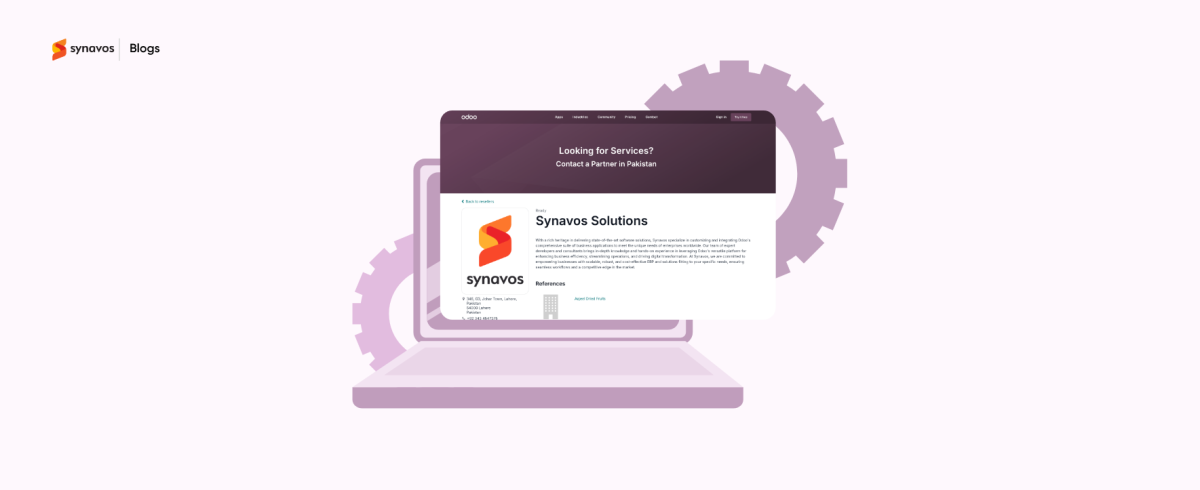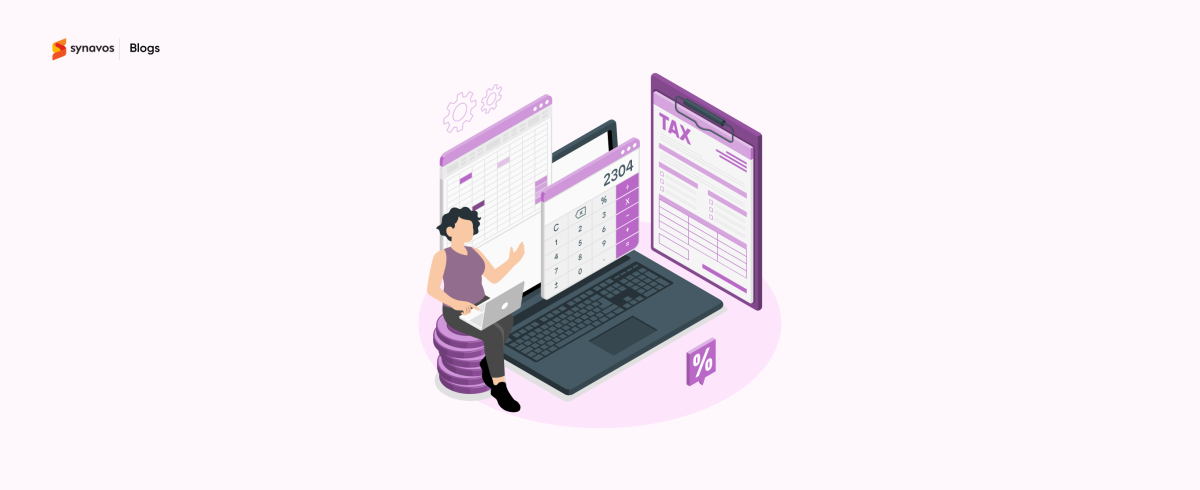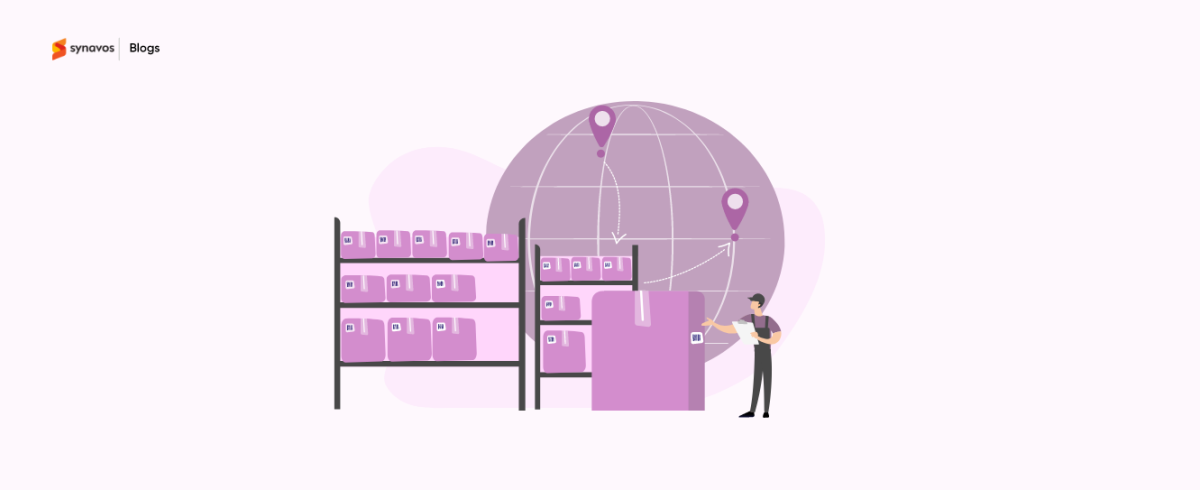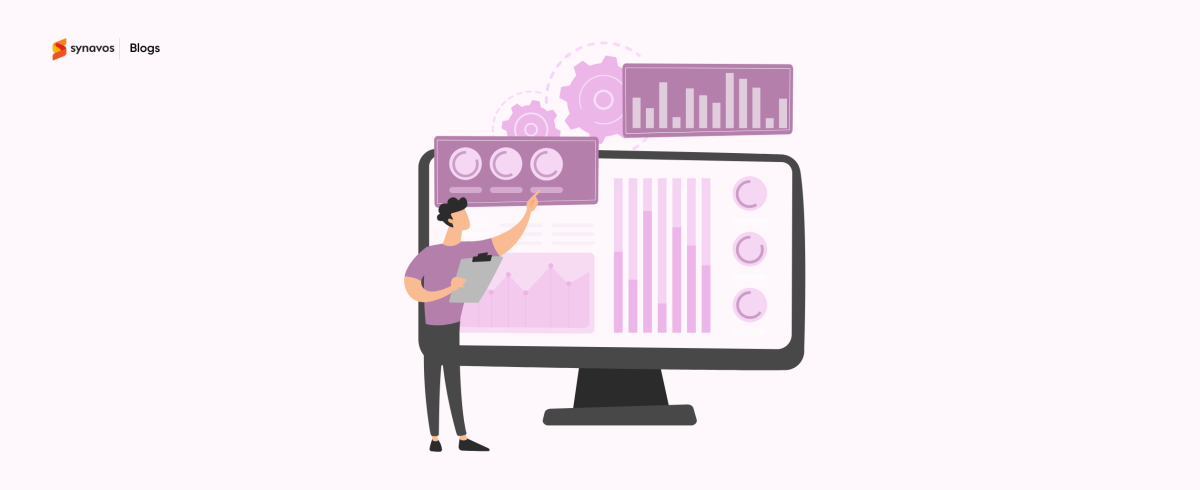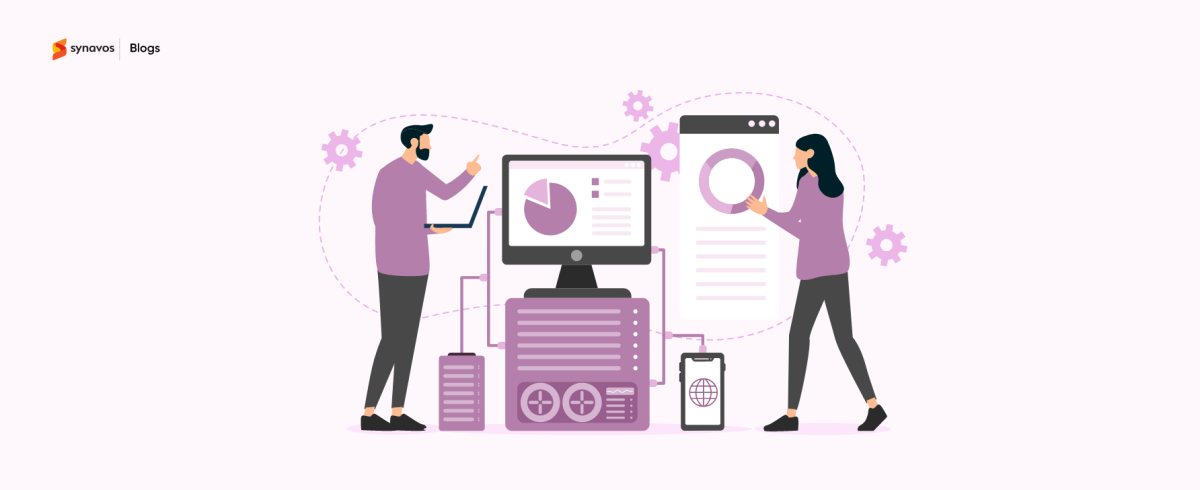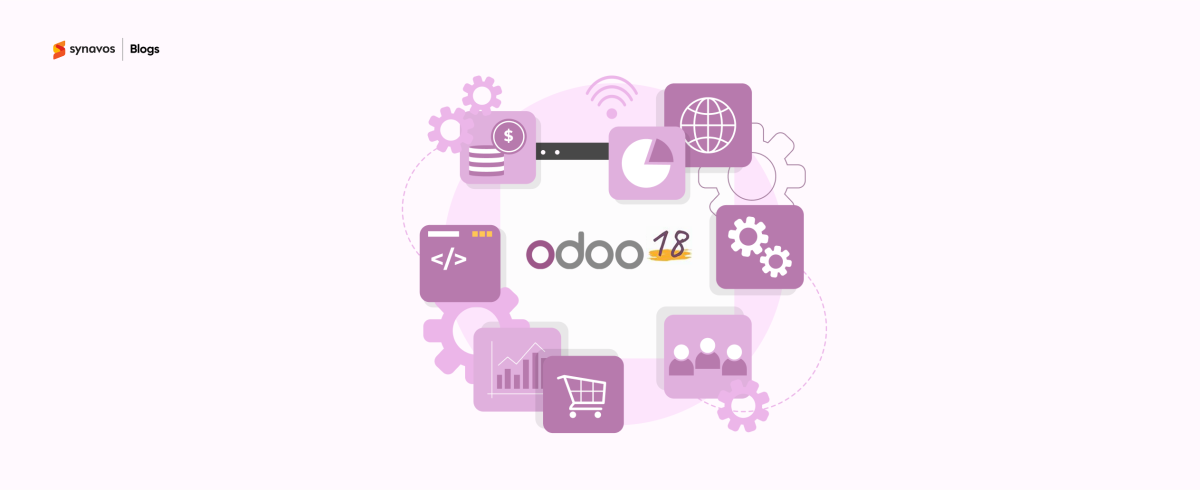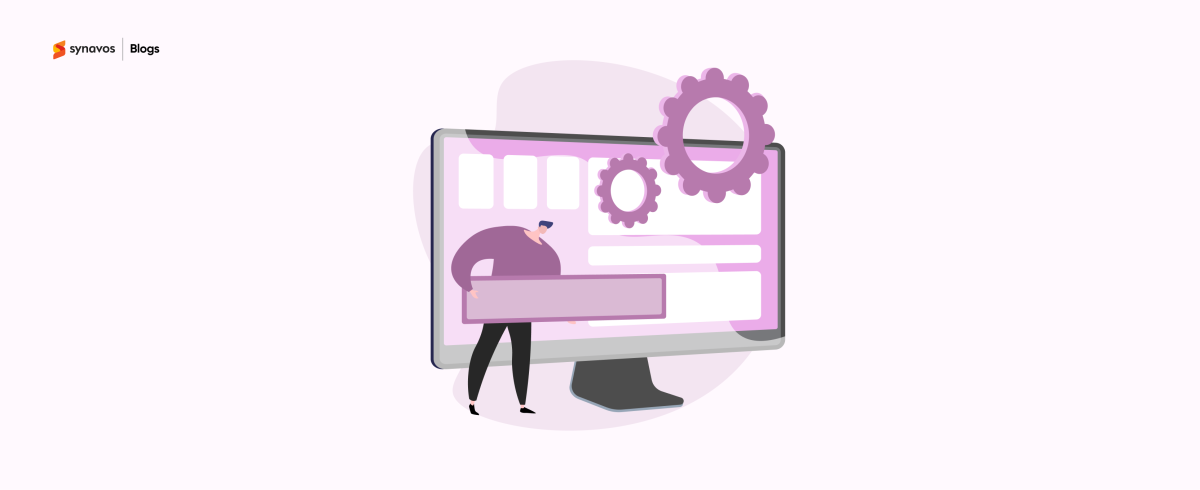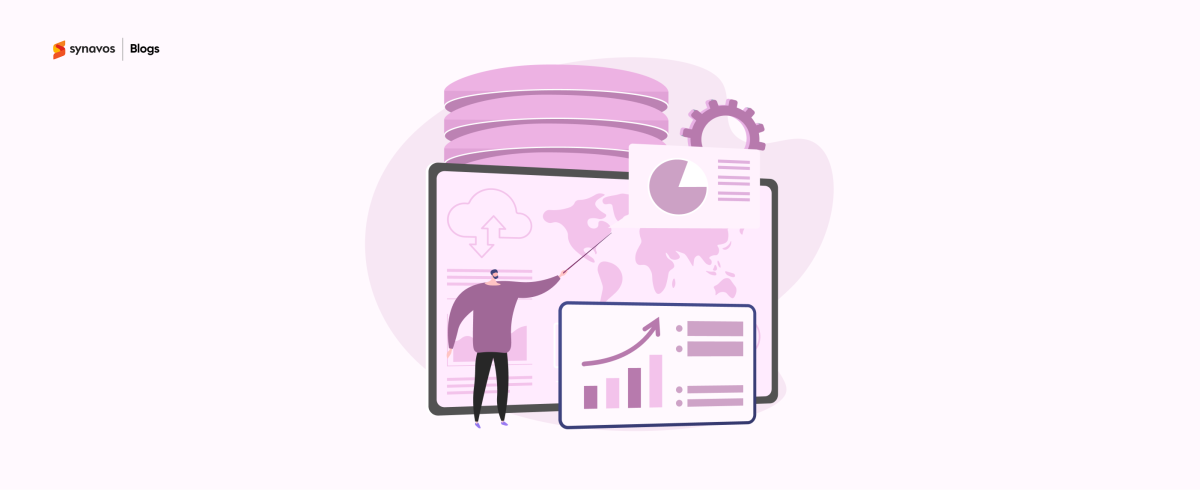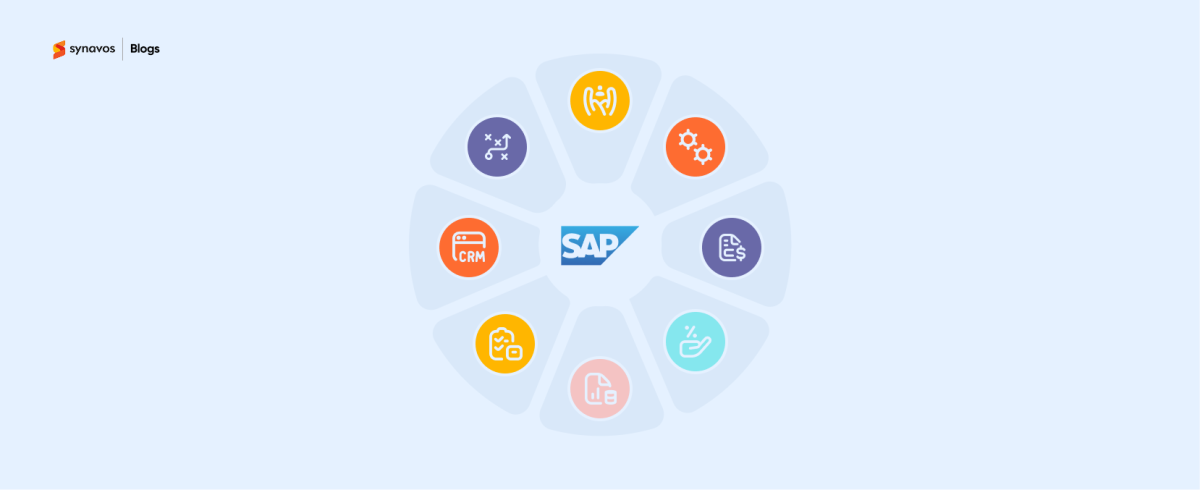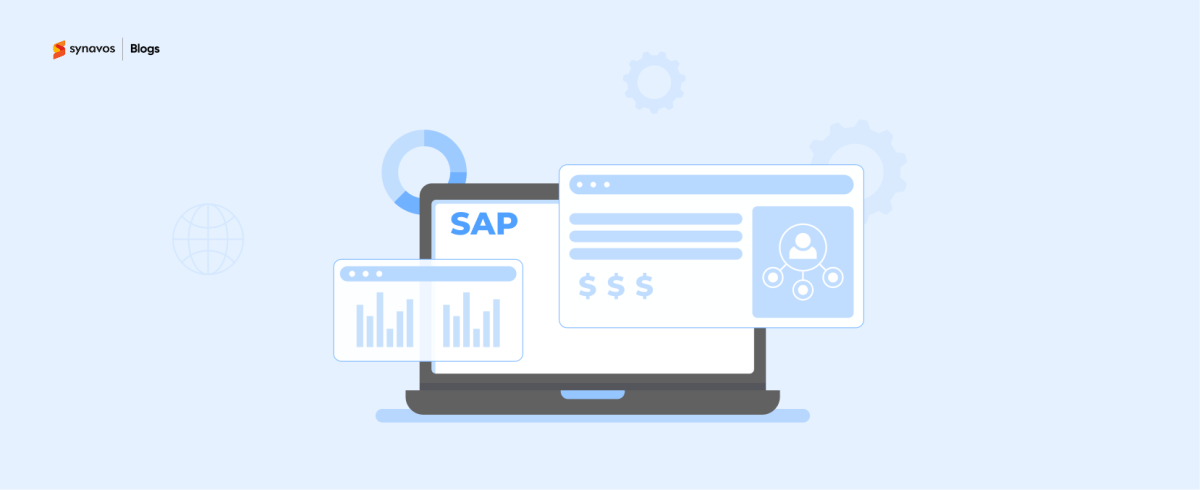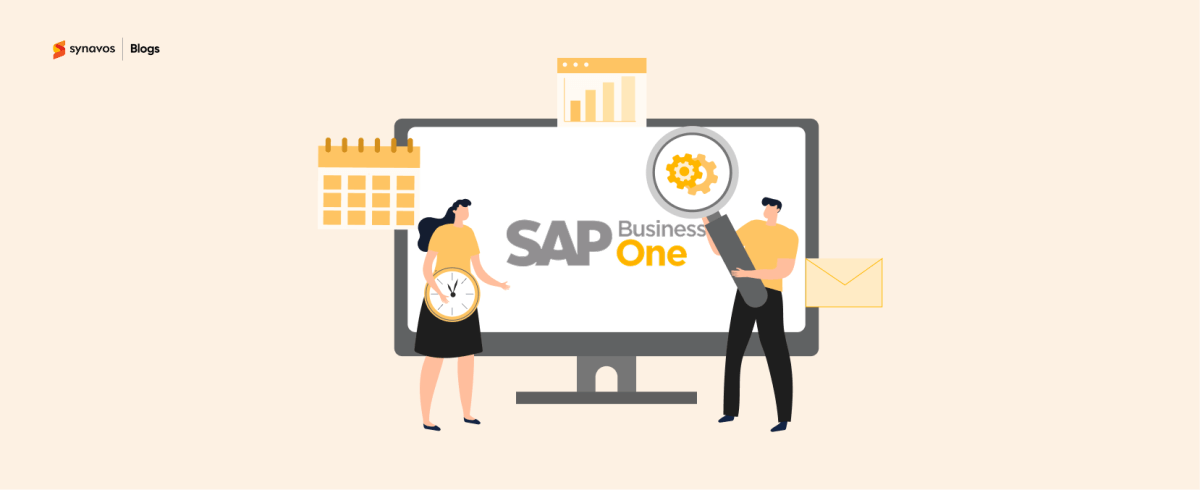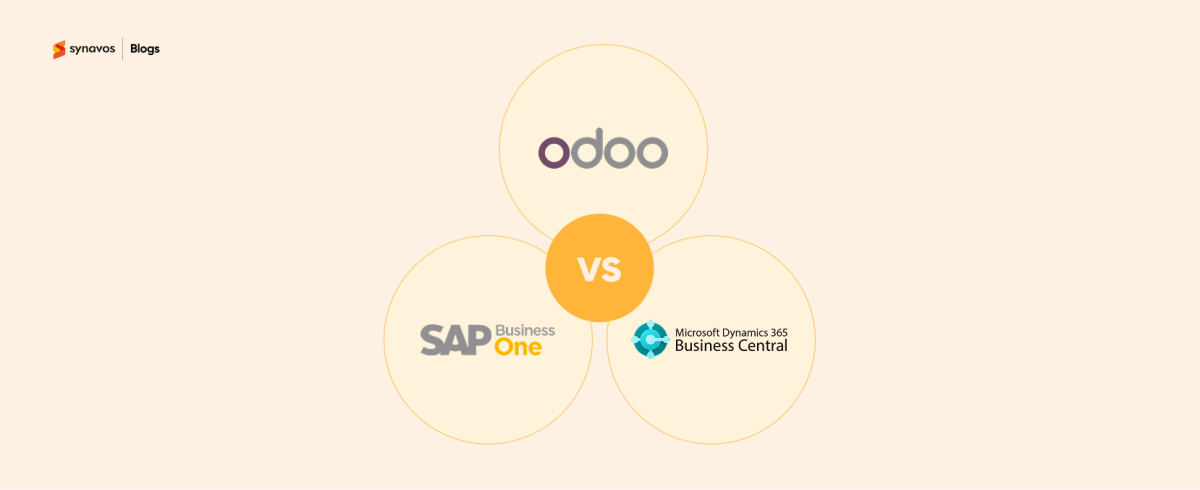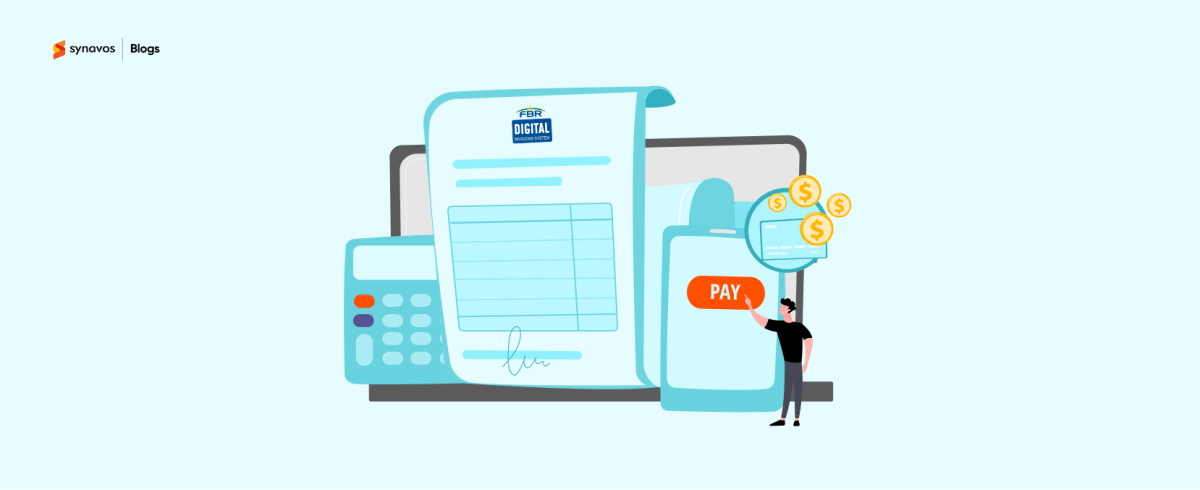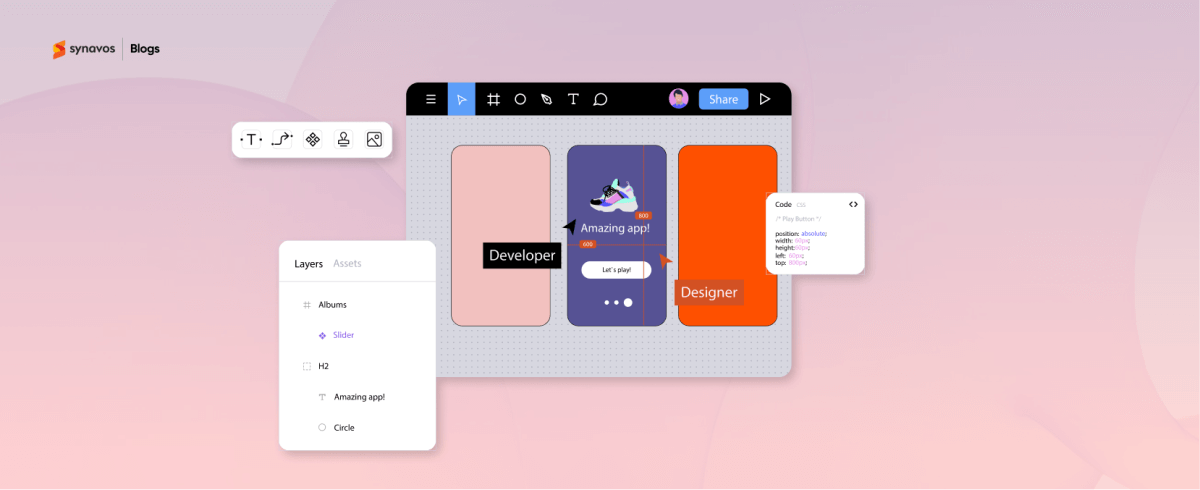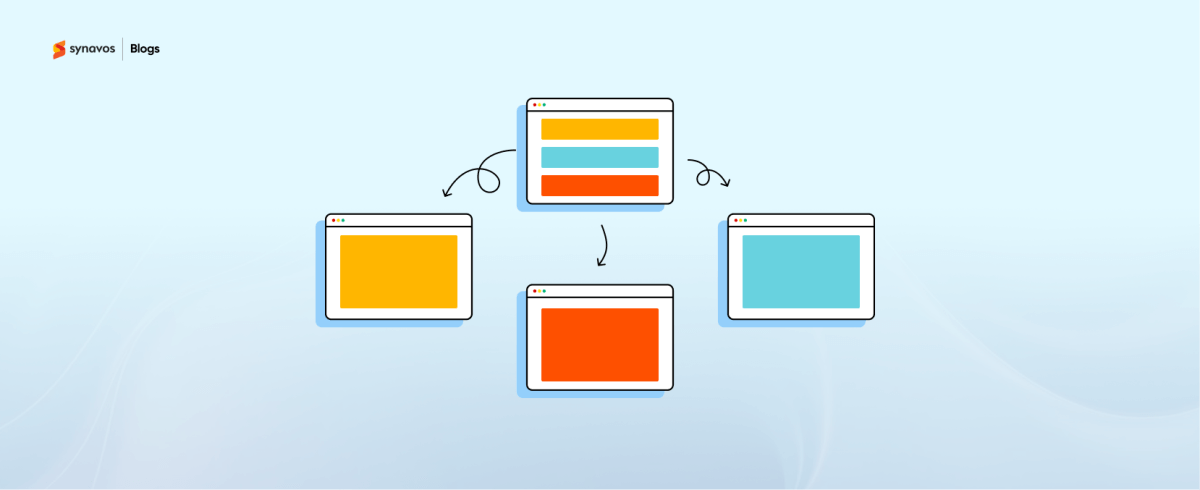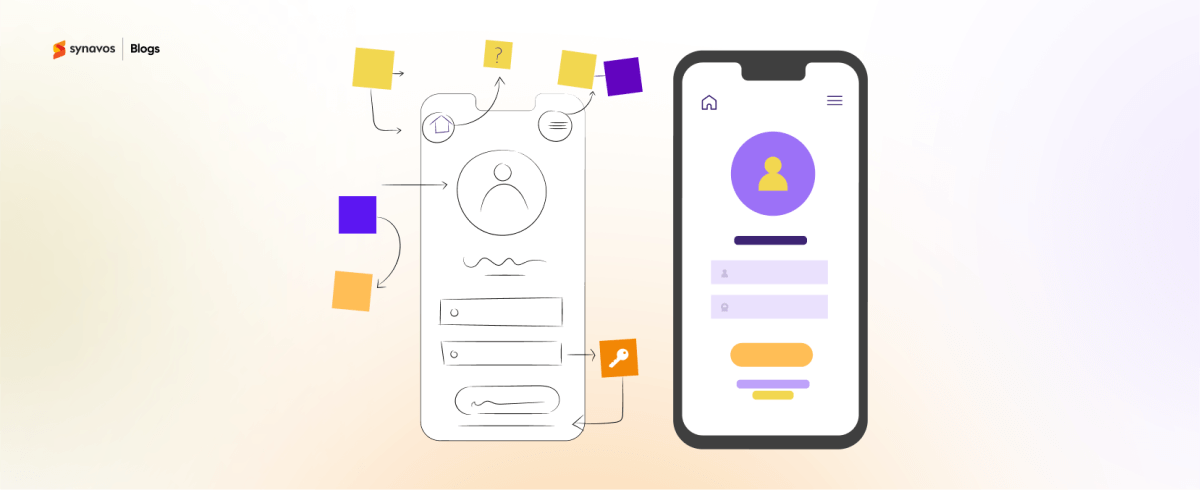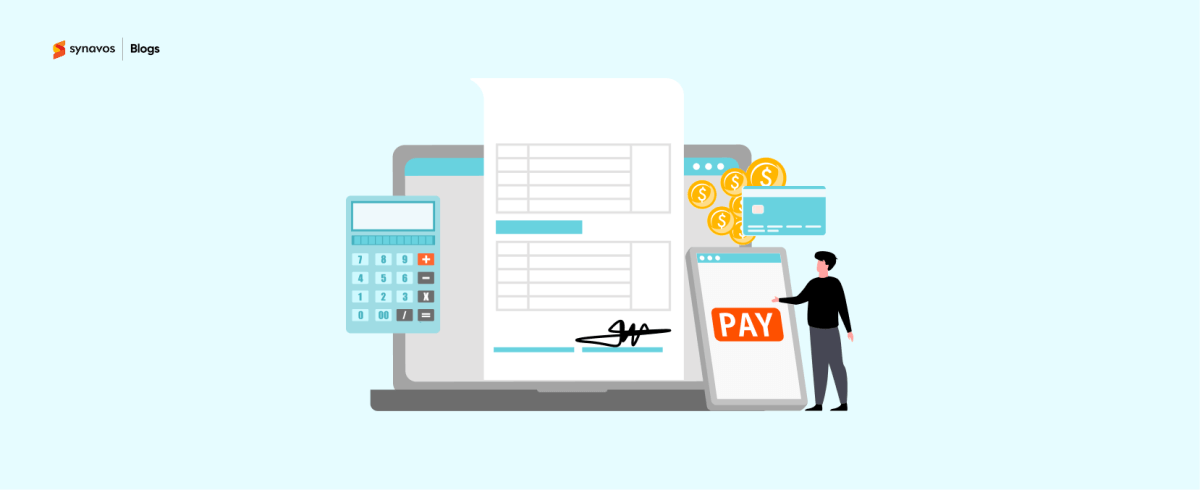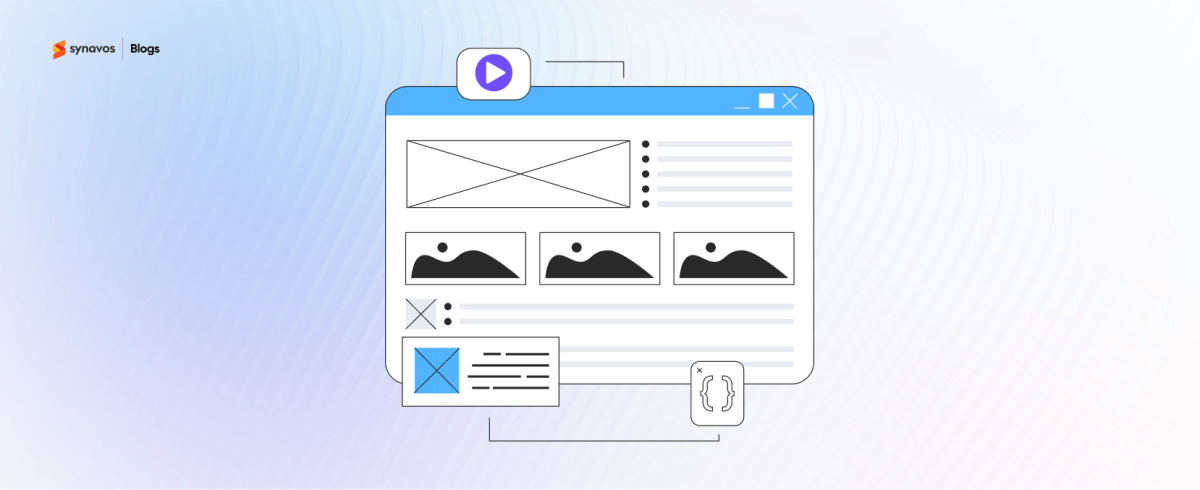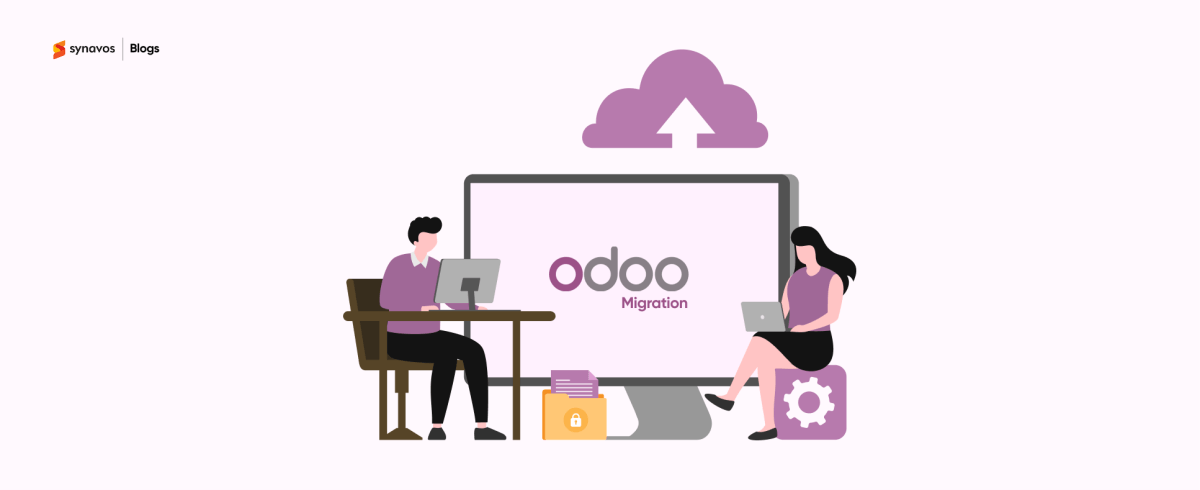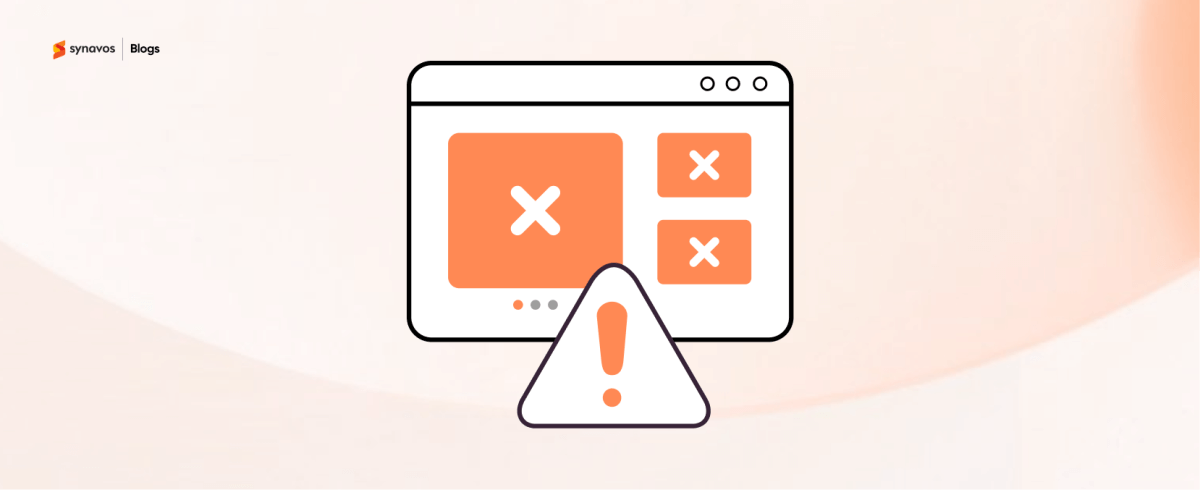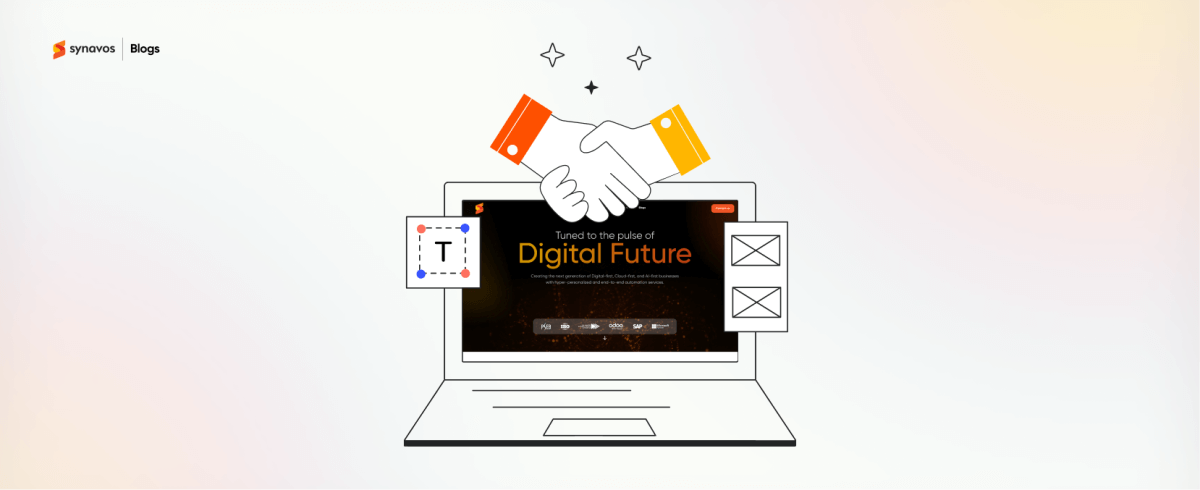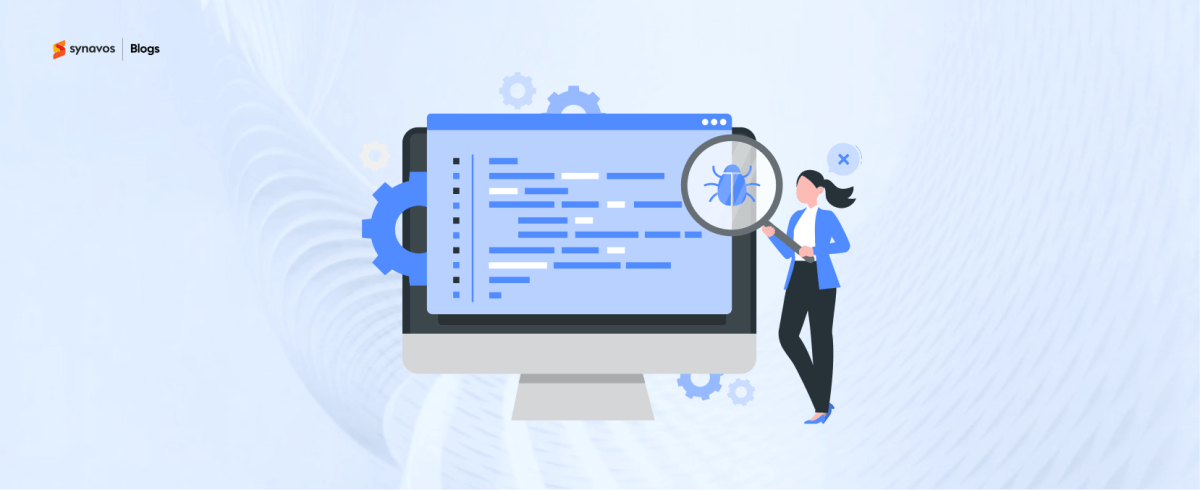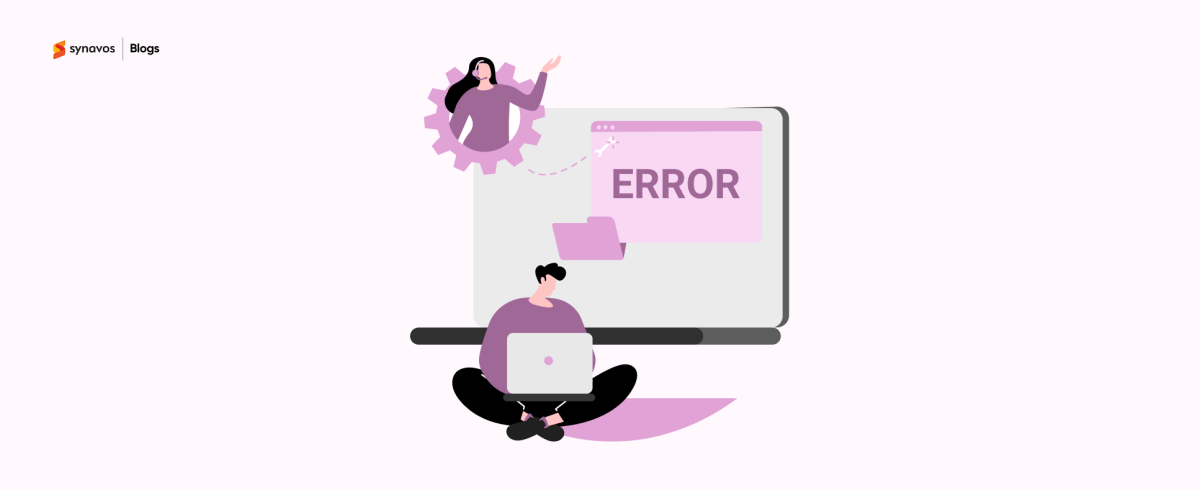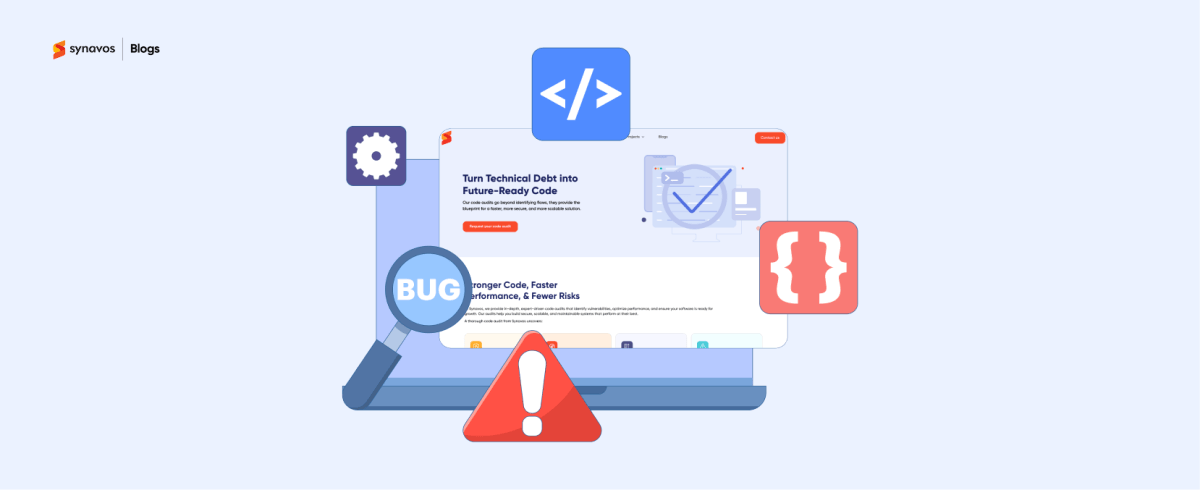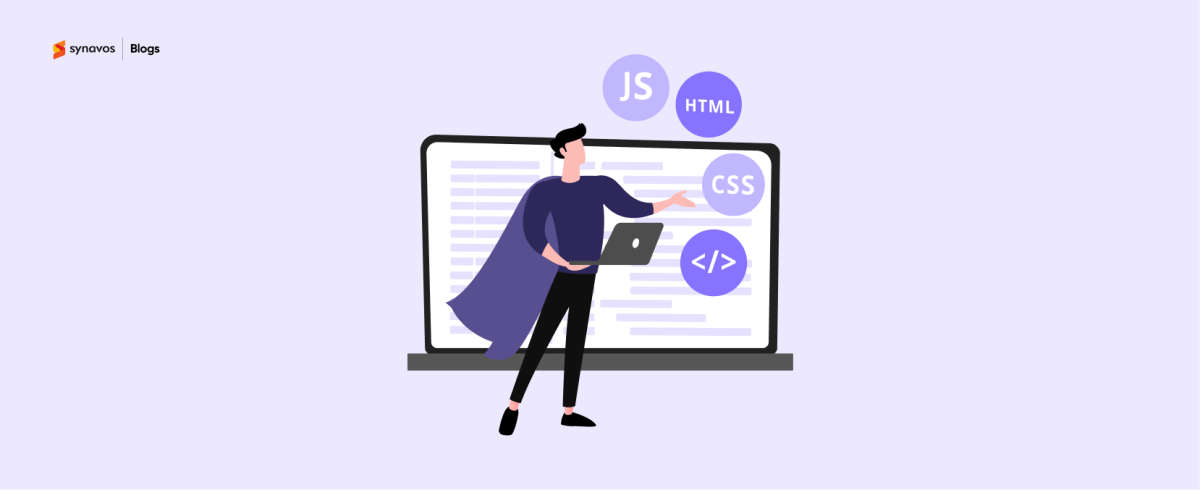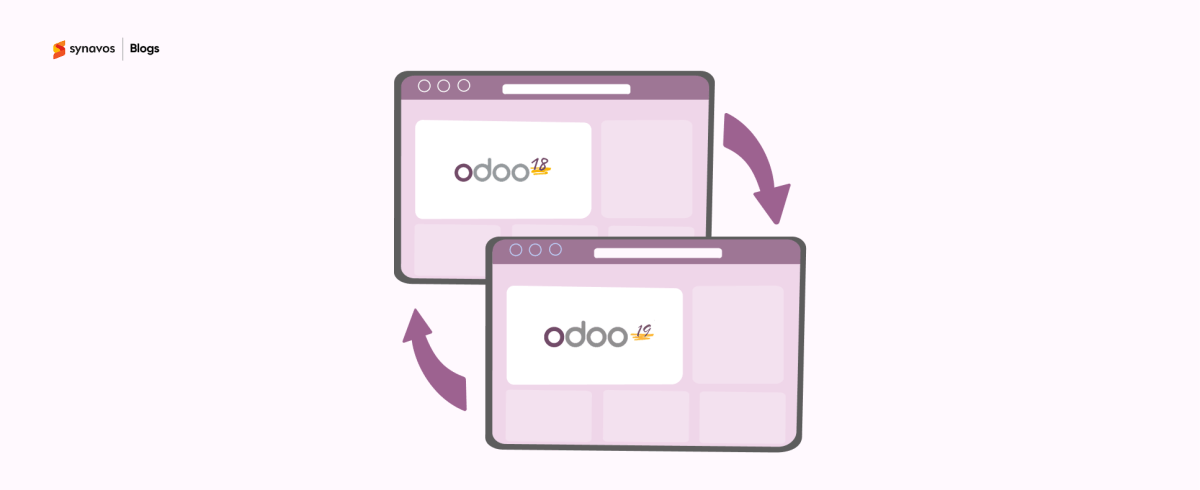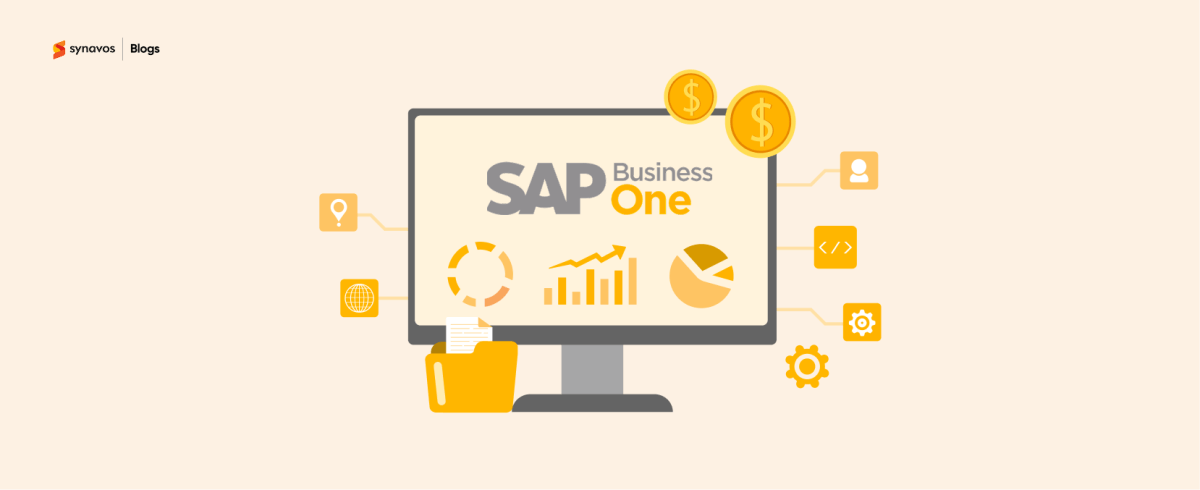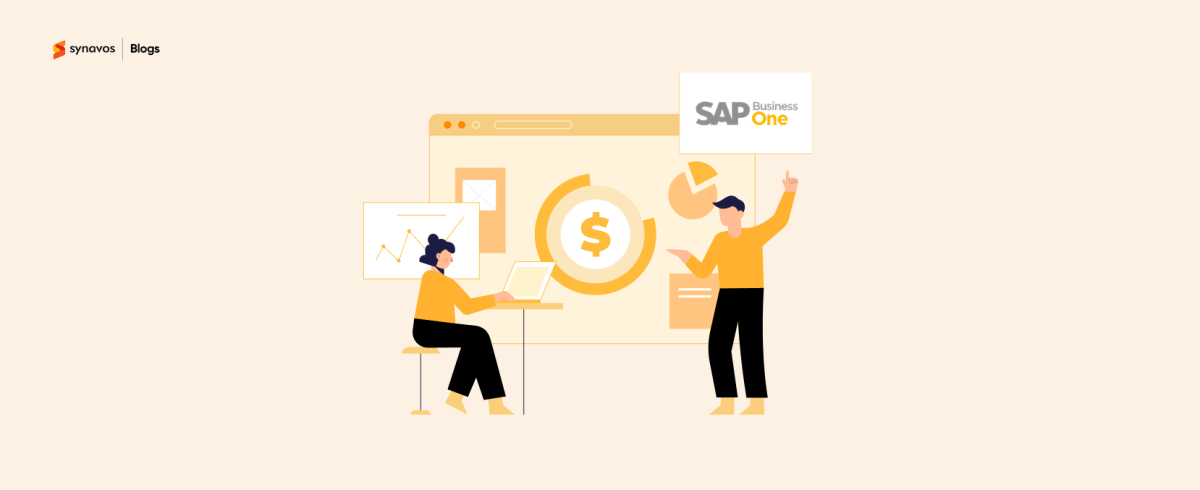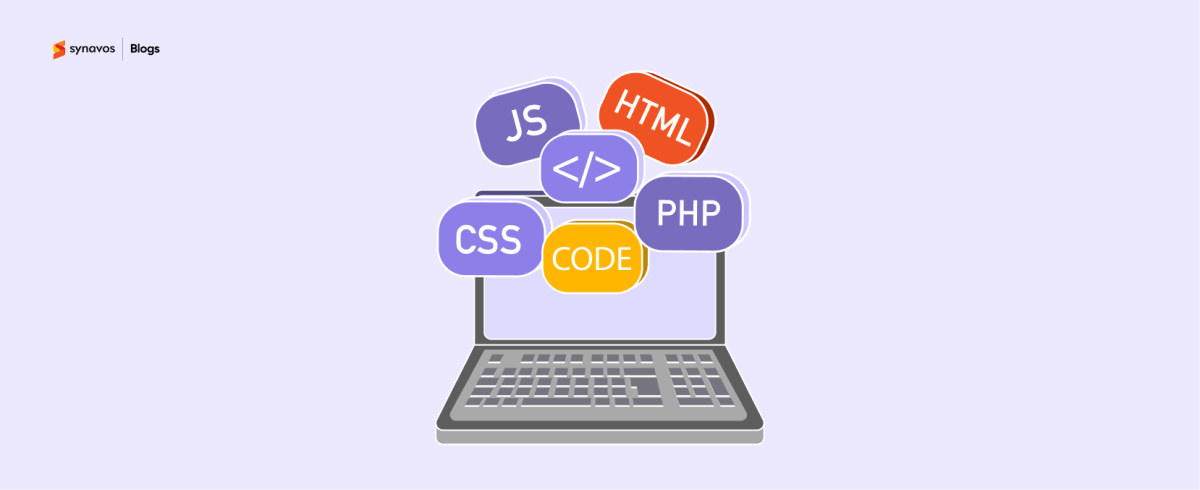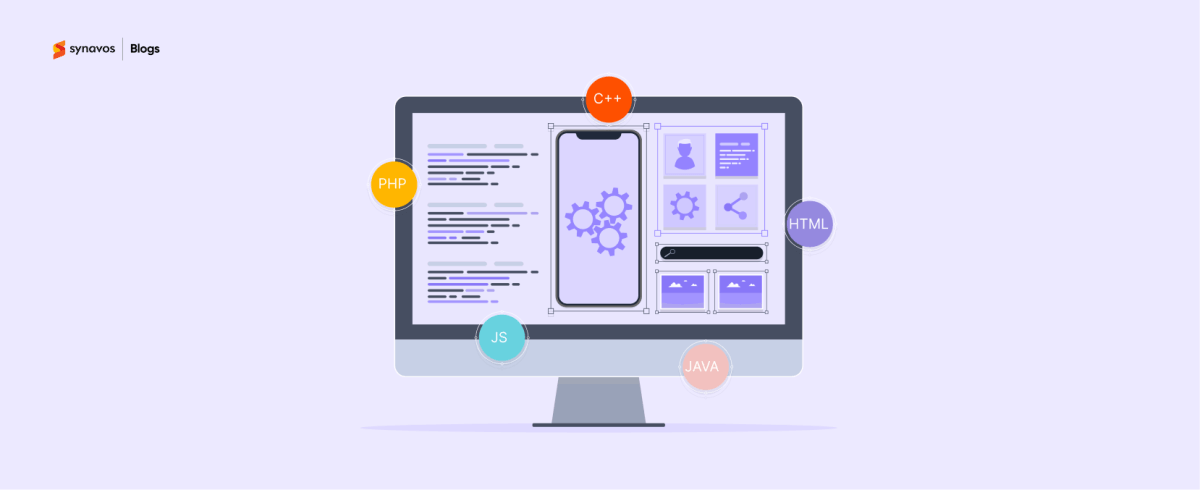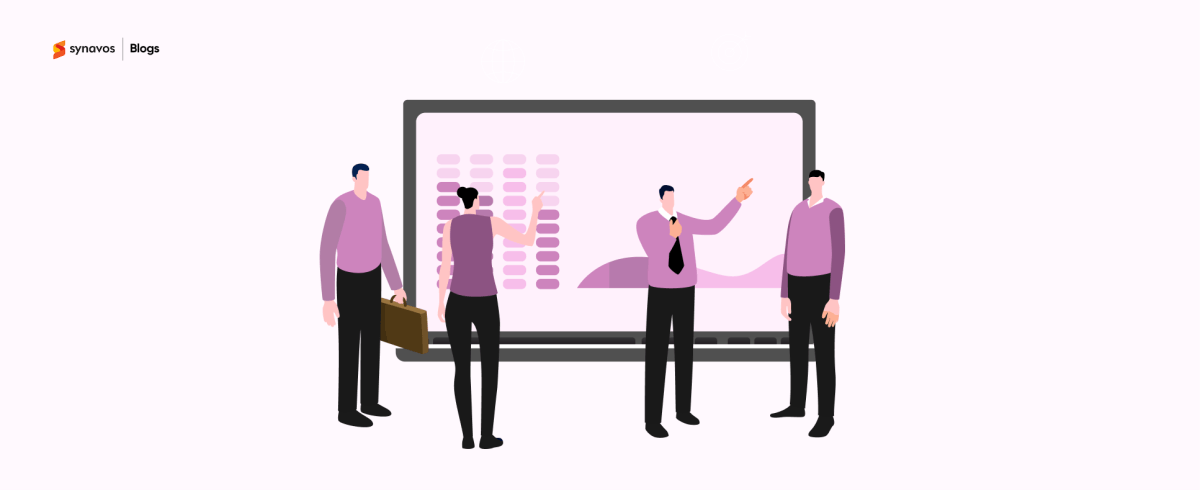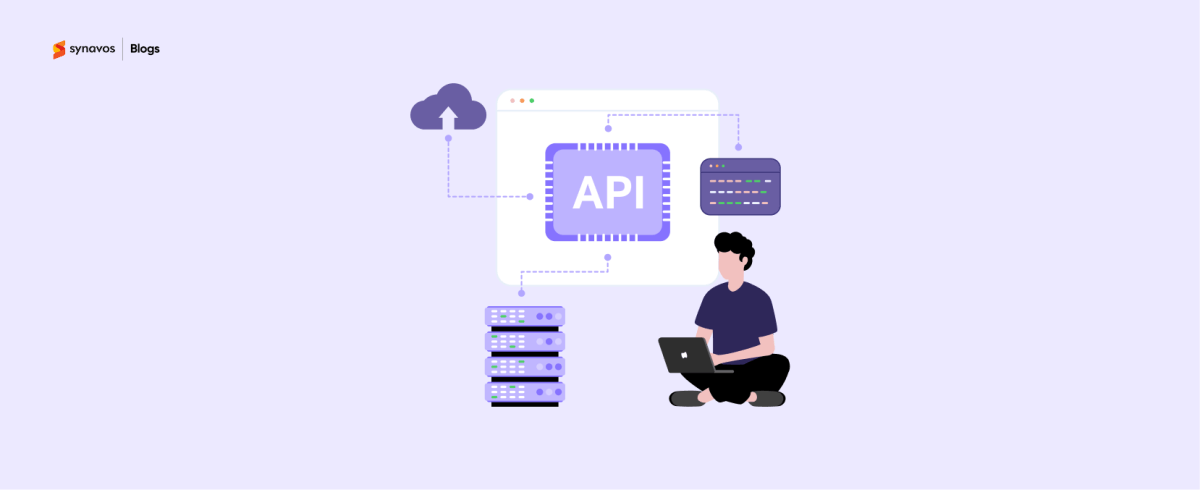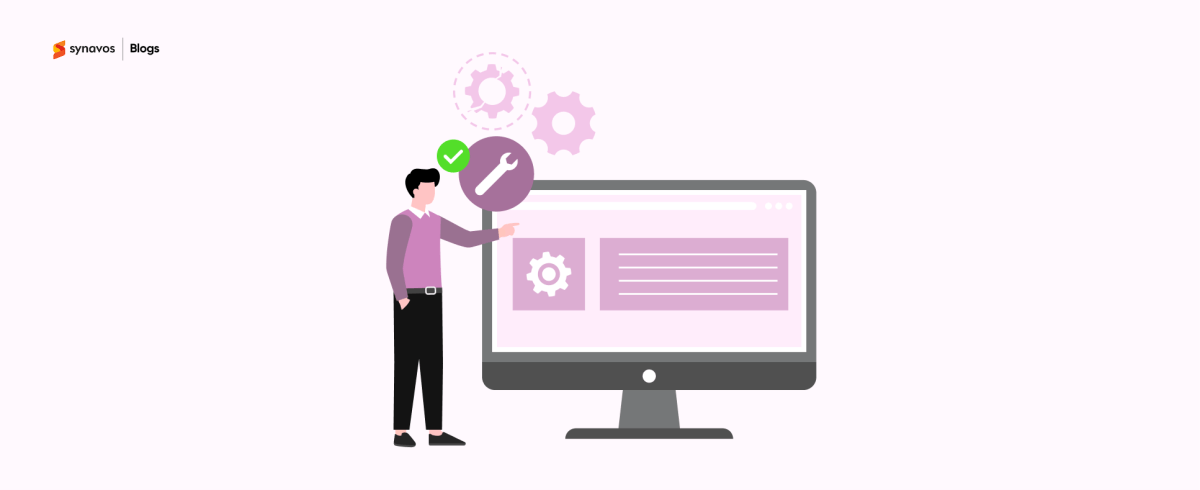Managing invoices is a critical yet time-consuming task for businesses, especially when done manually. From tracking payments to ensuring compliance with tax regulations, the process can quickly become overwhelming. In contrast, e-invoicing offers a modern, efficient solution that streamlines this process by automating the generation, submission, and tracking of invoices, eliminating the need for paper-based systems. In Pakistan, the Federal Board of Revenue has made e-invoicing mandatory, marking a significant step toward modernizing and simplifying tax collection.
This blog will walk you through what e-invoicing is, the benefits it offers to businesses, and how it ensures alignment with the FBR’s evolving tax system.
What is E-Invoicing?
E-invoicing, also known as digital invoicing, is a system where invoices are generated, validated, transmitted, and stored electronically. Unlike traditional invoicing, which involves creating paper invoices and manually sending them to clients and tax authorities, e-invoicing automates this entire process. In this system, businesses create invoices using approved software, which are then immediately sent to the FBR's digital portal for validation.
The digital invoicing process ensures that all invoices meet regulatory standards before being transmitted. However, here are some critical features of e-invoicing:
- Structured Digital Format: The invoice data is created in a standardized format, such as JSON or XML, to ensure that all invoices are consistent and follow the same structure.
- Real-Time Submission: The system submits invoices to the FBR immediately after generation and facilitates quick validation.
- Digital Signatures and QR Codes: These features authenticate and validate the invoices, which adds an extra layer of security to the process.
- Instant Validation: The FBR validates the e-invoices against the tax database in real time. This confirms that all data is accurate and compliant.
Why E-Invoicing is Crucial for Businesses in Pakistan?
Legal Requirement & FBR Compliance
Under the FBR’s new digital taxation system, e-invoicing is no longer optional. The FBR mandates that every small to large business must comply with this system. However, non-compliance can result in penalties and other legal consequences. In the e-invoicing 2025 regulation, FBR has rolled out a clear roadmap through S.R.O. 1413 (l)12O25.
Minimizing Errors & Reducing Fraud
Manual invoicing systems are prone to errors. Whether it’s due to human mistakes, miscalculations, or incorrect data entry, these errors can lead to discrepancies in financial reports, tax filings, and client invoices. In contrast, digital invoicing eliminates these risks by automating the invoicing process.
Moreover, since e-invoices are directly submitted to the FBR for validation, the chances of errors or manipulation are significantly reduced.
Streamlining Operations
One of the biggest benefits of e-invoicing is the automation of invoicing processes. In the past, businesses had to spend time manually creating invoices, filing them, and mailing them out to clients or government agencies. This process was not only time-consuming but also led to delays and inefficiencies. With e-invoicing, the entire process is automated as invoices are generated electronically and instantly transmitted to the tax authorities and clients.
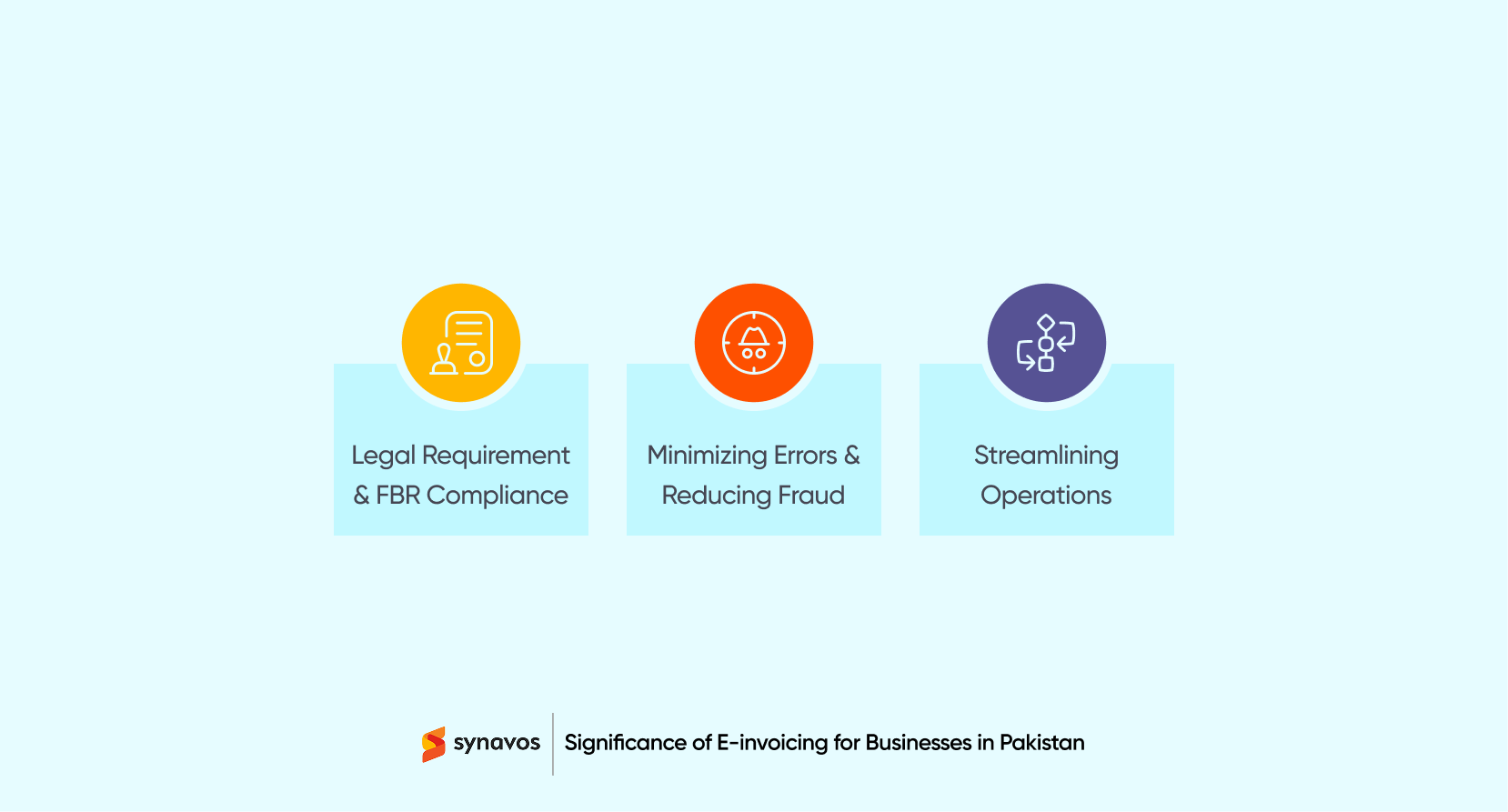
Benefits of E-Invoicing for Businesses in Pakistan
Adopting e-invoicing provides several key advantages for businesses operating in Pakistan. Below are the main benefits:
-
Improved Efficiency & Cost Savings
E-invoicing offers considerable time and cost savings for businesses. Instead of having to print, mail, and store physical invoices, businesses can generate and manage invoices digitally. This reduces administrative costs associated with paper handling, postage, and storage. Furthermore, since the process is automated, businesses spend less time on manual entry and error correction, which significantly boosts overall efficiency.
-
Faster Processing and Payments
By automating invoice creation and submission, e-invoicing accelerates the entire invoicing process. With paper invoices, businesses often have to wait several days or weeks for clients to process and pay. Digital invoicing, however, allows businesses to send invoices instantly, speeding up payment cycles and improving cash flow management.
-
Enhanced Data Accuracy & Security
E-invoices are more secure and accurate compared to paper invoices. Since they are automatically generated and validated by the FBR’s system, the risk of errors is minimized. Additionally, e-invoices are stored securely in the cloud, reducing the risk of losing important financial records. The use of digital signatures ensures that the invoice data cannot be tampered with, providing a higher level of security for sensitive business transactions.
-
Better Compliance with Tax Regulations
The e-invoicing system directly integrates with the FBR’s digital tax system, making it easier for businesses to comply with tax regulations. Every e-invoice is submitted in real-time for validation, ensuring it meets the required standards and preventing any tax discrepancies. The system also makes it easier for businesses to maintain proper records, which is essential during audits or tax filings.
How E-Invoicing Aligns with FBR’s Digital Taxation System
The FBR has developed a centralized digital platform to manage the entire e-invoicing process. Businesses must integrate their invoicing systems with this platform through licensed digital invoicing solution integrators or Pakistan Revenue Automation Limited (PRAL). Once integrated, businesses can submit invoices to the FBR’s system for validation in real-time. This integration offers several key benefits:
- Immediate Validation: Invoices are checked instantly against the FBR’s tax database, ensuring that all the required information is correct.
- Transparency: Since all transactions are logged and monitored by the FBR, it creates a more transparent system that benefits both businesses and the government.
Conclusion
E-invoicing is more than just a requirement for businesses in Pakistan. As the FBR continues to implement this regulation, businesses must take proactive steps to adopt the system to avoid penalties and ensure a smooth transition to a more digital, efficient future. Companies can work with a licensed digital invoicing solution integrator or PRAL to ensure smooth integration with the FBR’s digital platform.
How Synavos Can Help
As you prepare for this transition, partnering with an experienced e-invoicing solution integrator is crucial. Synavos is a trusted provider of digital invoicing solutions, fully compliant with FBR’s regulations. Our team of experts ensures seamless integration of e-invoicing into your existing systems, helping you stay ahead in the digital transformation of your business.
Contact us now to get started and ensure smooth, hassle-free compliance with FBR’s digital tax system.
